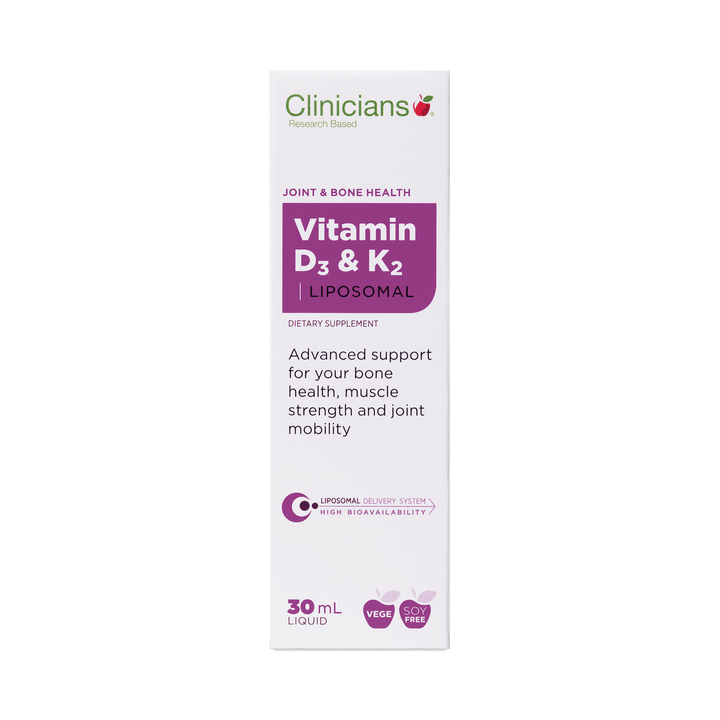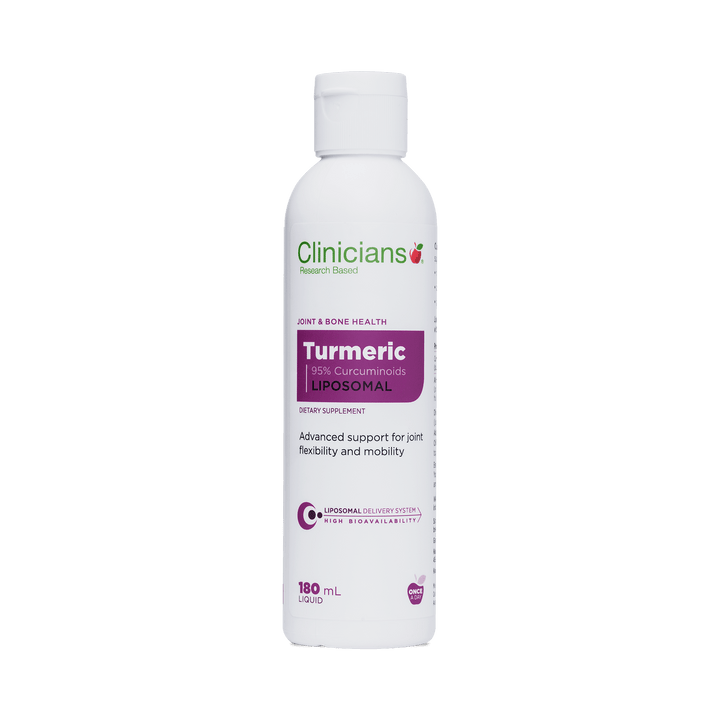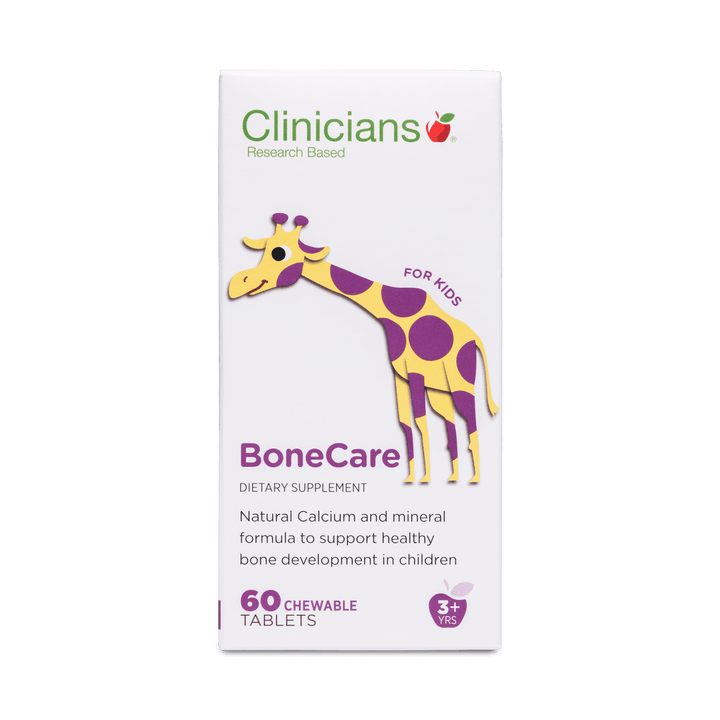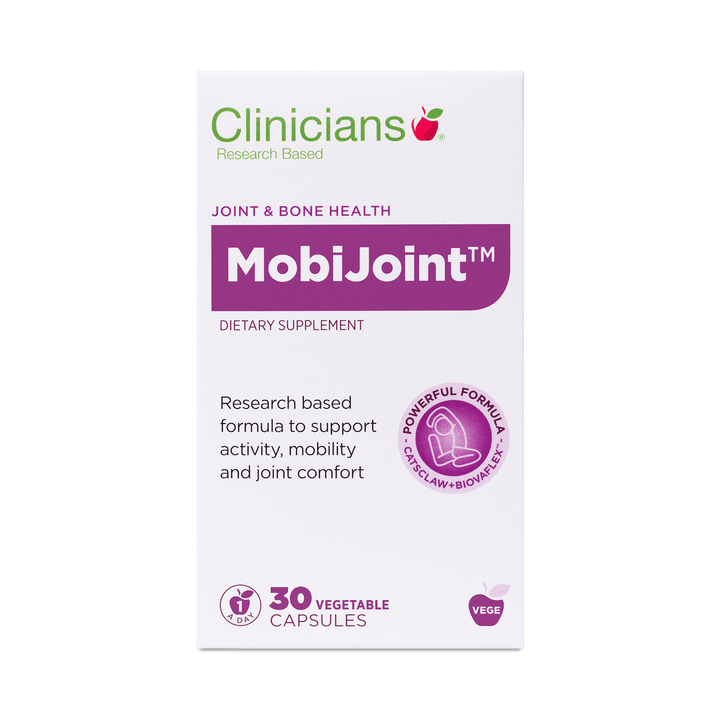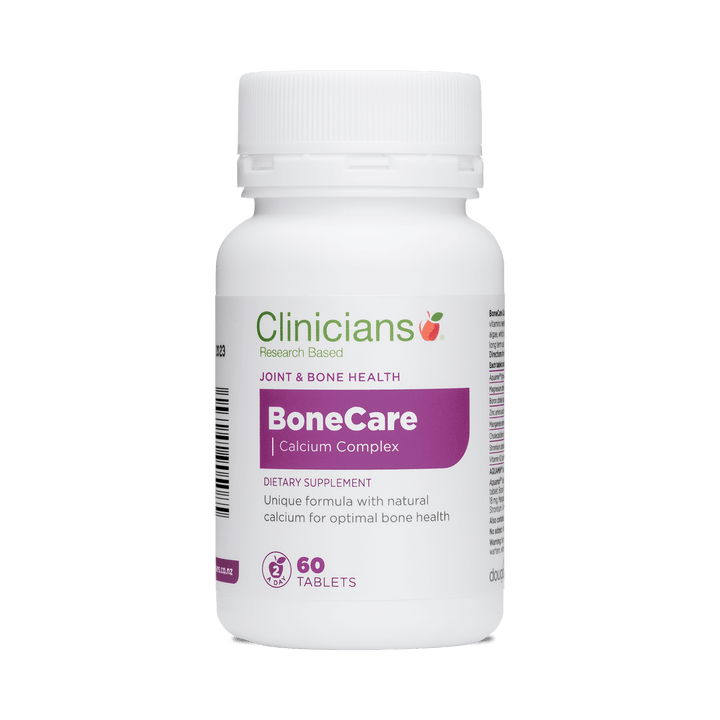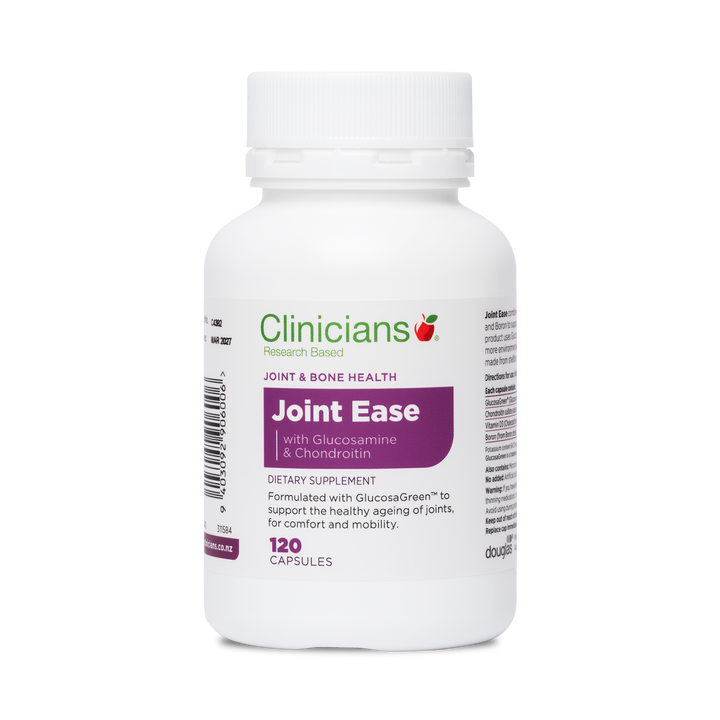If you have trained harder than usual, you might find yourself feeling stiff and sore. The good news is, it's possible to minimise these symptoms with a few healthy post-workout habits.
Have you ever wondered why you can train one day and feel fine afterwards, but at other times you spend the rest of the day shuffling around feeling stiff and sore. Well, the culprit is something called lactic acid.
Why do we produce lactic acid?
To be able to perform any kind of movement our muscles need to produce the energy to make this happen. When we perform light to moderate exercise our muscle cells use the oxygen we breathe in and glucose to create energy. This is called aerobic respiration.
If we train harder we breathe harder, but at a certain point we are producing energy faster than the amount of available oxygen. At this point the body switches to another mechanism for making energy without oxygen. This is called anaerobic glycolysis, as it is making energy with glucose without oxygen. Unfortunately, a byproduct of this energy production is lactic acid. The harder you train the more it builds up. This acidity in the muscle causes muscle fatigue and the stiffness you experience.
Why do I feel sore the next day?
When you wake up the next day and are still sore this is called DOMS or delayed onset muscle soreness. This is caused by microscopic tears in the muscles due to the hard workout, which increases blood circulation to the area and inflammation. This is only temporary as the muscles are rebuilt and over time with training they become able to handle heavier workouts. This is how we build muscle.
What can I do to minimise post-workout aches?
It is possible to minimise the longevity or severity of post-workout stiffness. Here are some ideas you might like to try.
1. Replace Fluids
Hydration is important after a hard workout, especially if we have worked up a sweat. We need to replace lost fluids as water helps to lubricate our joints, regulate our body temperature and to flush away lactic acid. In hot weather or after super endurance exercise you could try electrolyte drinks that help replenish calcium, magnesium, potassium and sodium, which are essential for our well-being. Watch out though as many of these drinks are high in sugar, so you could be undoing all the good you have done with exercising. Coconut water is naturally rich in electrolytes, as is spirulina. Also, they are both alkaline which can help to flush out the lactic acid in the muscles. Lemon juice added to water also has an alkalising effect.
2. Pack in proteins
To repair, our muscles require amino acids, which are obtained from proteins. Those who are training for events may follow a workout with a protein shake. However, we can also have a great protein-based meal after our workout. Most people think of meat being a good source of amino acids, but fish, eggs, dairy and plant-based options like oats, legumes, nuts, soy or nut milks are all good options.
Those specifically looking to build lean muscles often use L Arginine. This amino acid helps provide energy to the muscles and supports muscle growth. It also helps to improve blood flow, which aids lactic acid removal and supports muscle recovery.
3. Add magnesium for muscle support
Magnesium is one of the most important minerals to take if you are training hard. Studies have found that strenuous exercise may increase magnesium requirements by 10-20%¹.
Magnesium is used in oxygen uptake, energy production and electrolyte balance. It is also essential for our muscles to be able to relax post-exercise.
If you are training hard make sure you are eating plenty of foods rich in magnesium. Good food sources include:
- Meat, fish, dairy products
- Figs,
- Seeds
- Soy
- Almonds
- Green leafy vegetables
- Oats
- Bananas and berries
- Spirulina.
For those who are training extra hard have a look at our magnesium products or our topical magnesium spray.
4. Add some heat
A warm bath can heat deep into the muscle tissues and helps them relax. For added effects, you can also add Epsom salts to your bath. These salts are rich in magnesium sulphate which helps to get rid of built-up lactic acid. Try soaking for 20 minutes in a bath with 2 cups of Epsom salts to help draw out those toxins and for added magnesium absorption.
Heat packs can also be very helpful to apply to a particularly tight spot.
5. Use essential oils
There are several essential oils that can help ease muscle tension. When looking to apply them there are a couple of good options.
- Pop some muscle relaxing essential oils into your bath. Lavender and chamomile are good options for this method.
- For stronger essential oils you will need to add them to a carrier oil to dilute them. Almond oil is lovely, but you use olive oil from the kitchen. Take a 1/4 cup of oil and add a few drops of essential oil, then massage it into the muscles. Eucalyptus and peppermint have a cooling effect on the muscles, which helps with inflammation. Rosemary essential oil is another option that is warming and good for circulation and helps with aches and pains.
6. Stretch it out
Ideally, before strenuous exercise do a gentle warm-up and some preparatory stretches. This gradually warms up the types of muscles that you will be working out in this exercise. Warmups are ideal for avoiding muscle strains and starting the muscles generating energy using oxygen.
Post work out stretching is also important to help to elongate tightened muscles and helps maintain flexibility. It helps to reduce the accumulation of lactic acid that makes you sore.
To make sure muscles stay mobile and flexible, not stiff and sore try to add a stretch class to your weekly routine. Yoga comes in different styles from deep relaxing forms to more vigorous stretching. Pick the style that suits you best.
7. Massage
If you train regularly you might notice certain areas are starting to stiffen up or cause discomfort. This is the point where a therapeutic massage could be beneficial. This is different from relaxation massage as it works deep into the tissues. Massage practitioners work on an area to improve blood flow and release tension where muscles have over tightened. Regular massage can ensure that any tight areas get ironed out before they become injured.
Alternatively, you could visit a physiotherapist as they will help identify any issues, will massage the affected area and give exercises to improve mobility.
If you want to loosen tight muscles yourself foam rollers can be used. Often available at sports stores, physios or in your gym, you can use them to roll out muscle tension. Another option is to use a tennis ball to roll over and loosen tight spots.
So, don't ruin a healthy workout with poor post-workout practices. Hydrate, stretch and be grateful to your body for the amazing workout it has just done!
References:
¹https://pubmed.ncbi.nlm.nih.gov/17172008/




